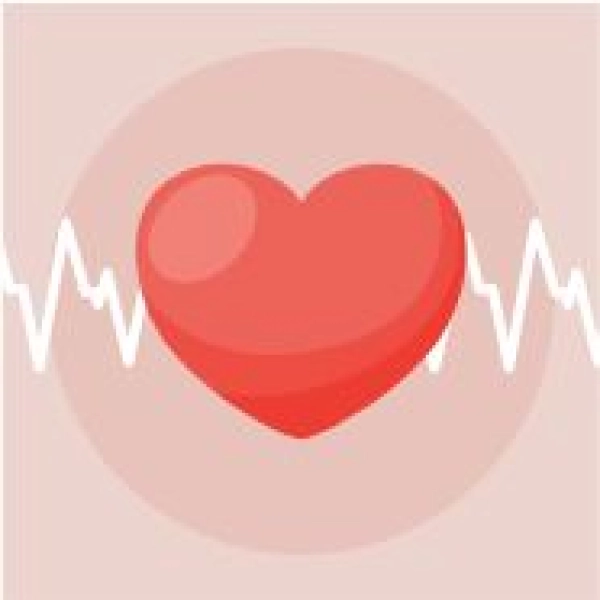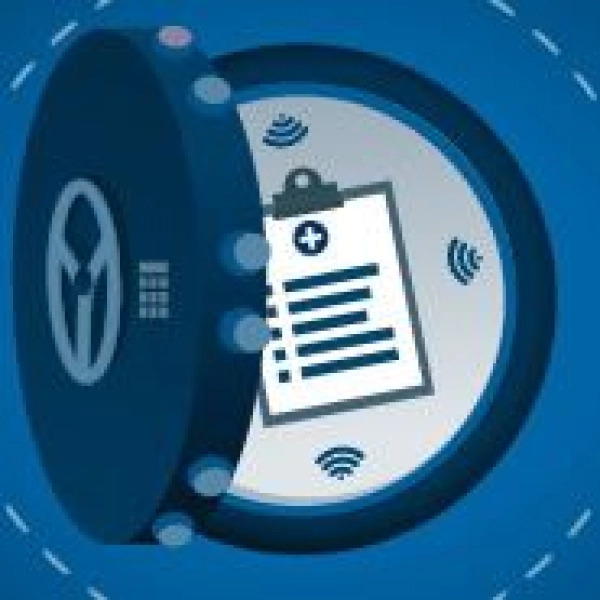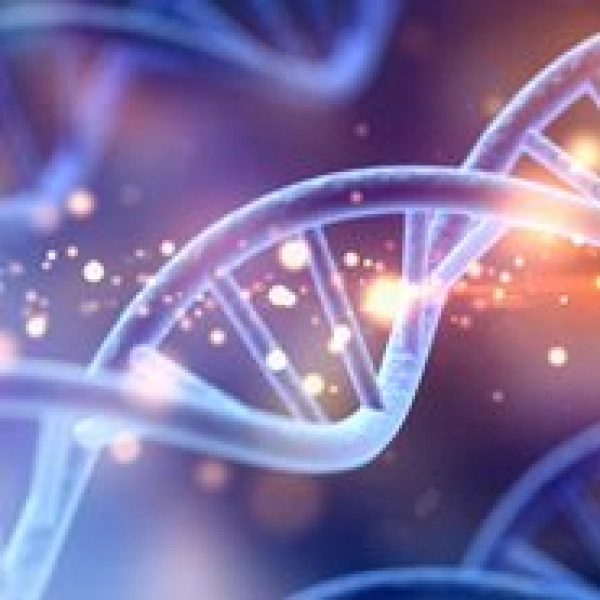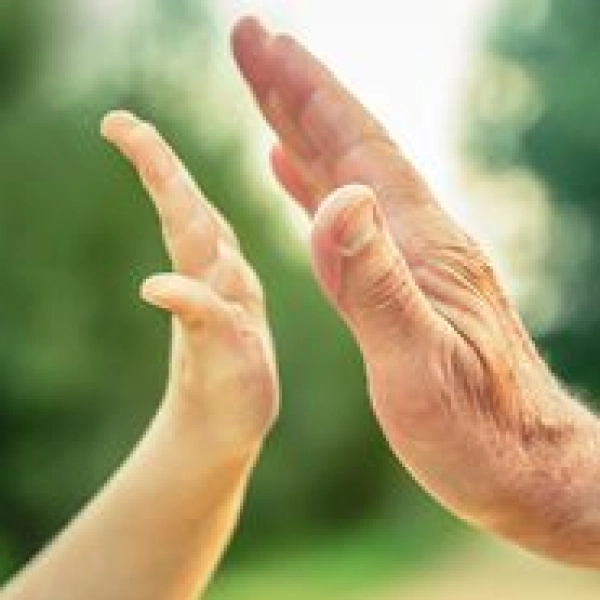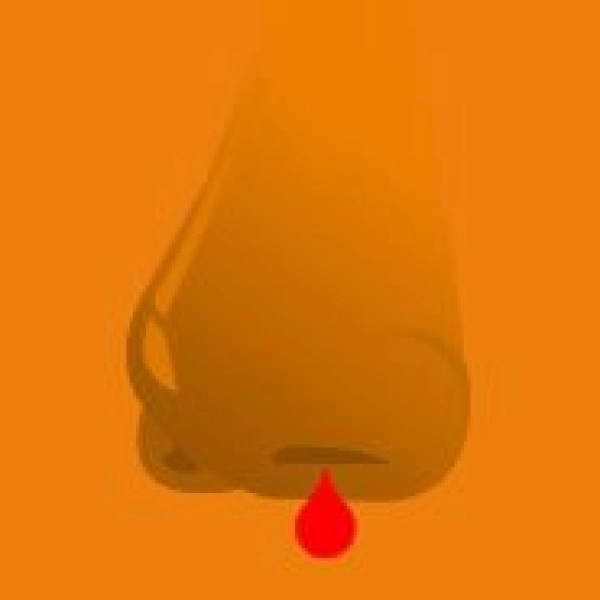Different types of skin, different needs
There are different types of skin. Some are more delicate and require to be medicated with non-aggressive products. In general, approximately 40% of the European population is subject to this kind of skin issues. Moreover, some categories are generally more vulnerable: young children and the elderly, for example. In other cases, skin fragility is determined by specific diseases such as dermatitis and allergies, or by adverse reactions to pharmaceutical products. Let’s find out together what we can do, when our skin needs dressing to be more delicate and painless than ever.




